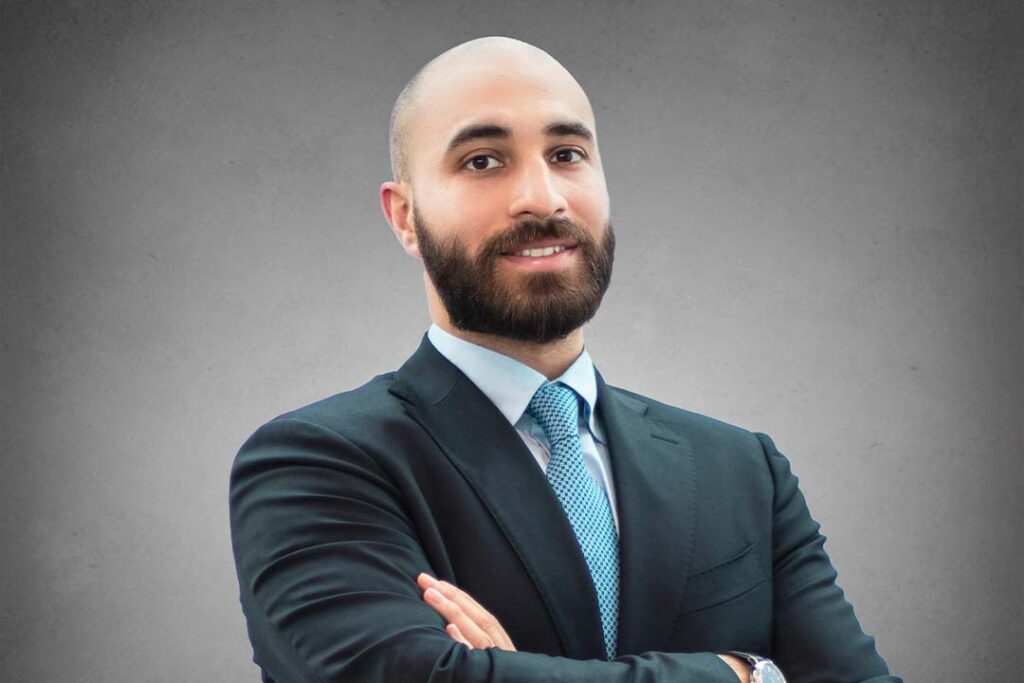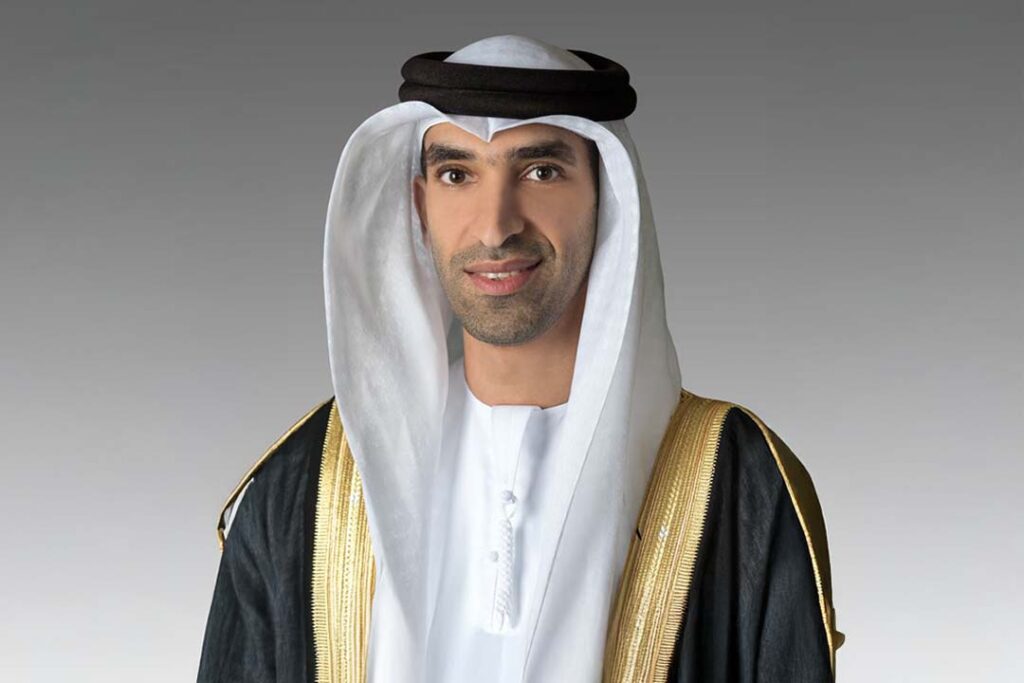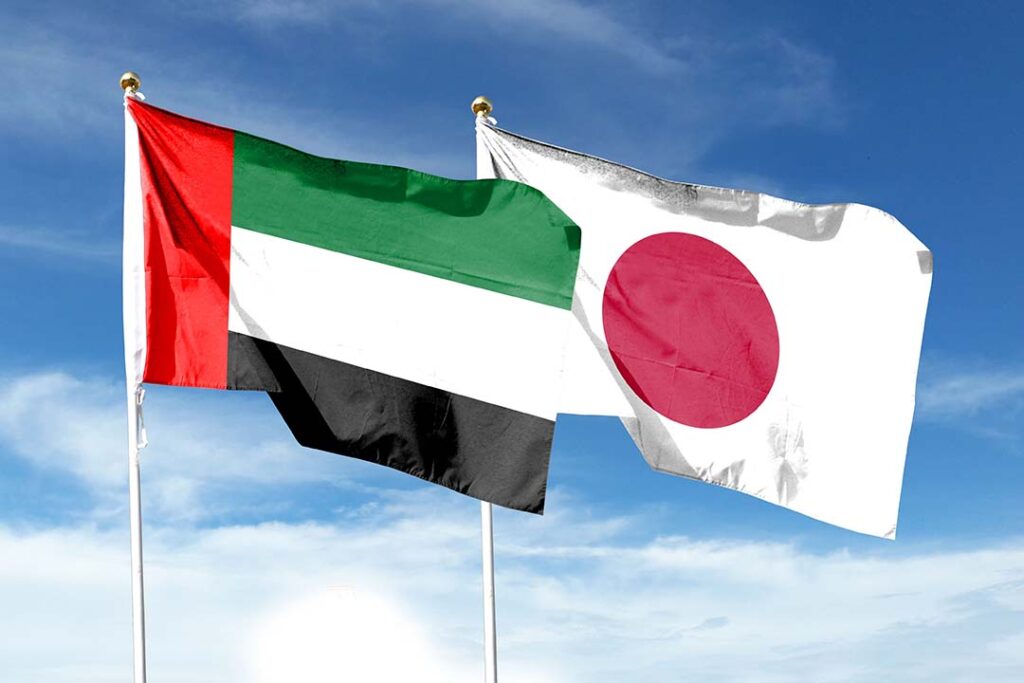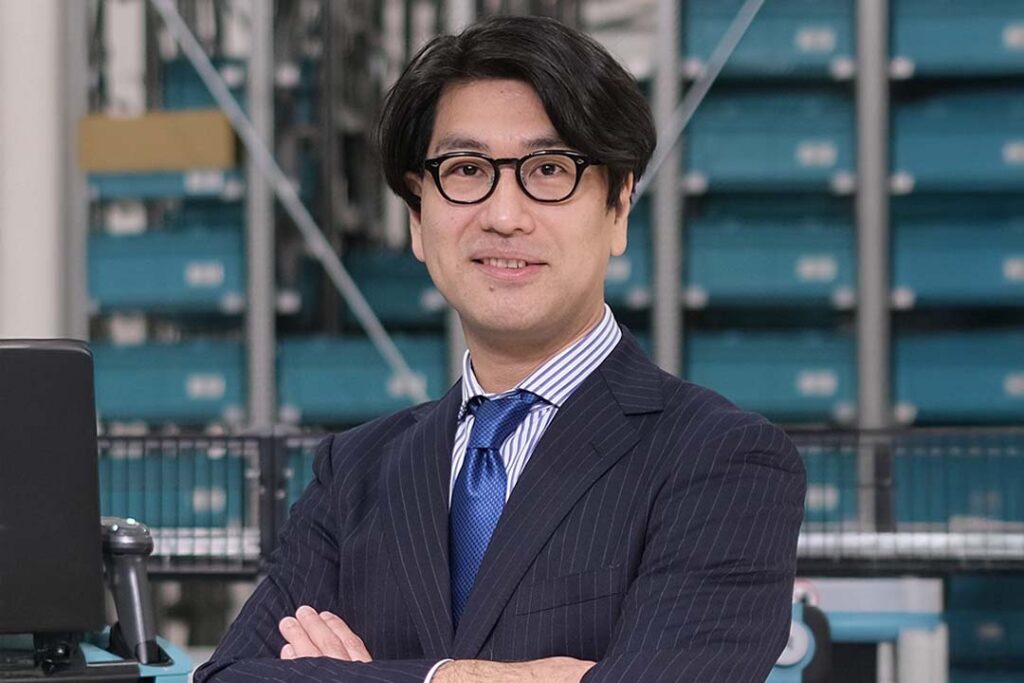As Chairman of the HKSOA, Angad plays a crucial role in nurturing the city’s status as a premier maritime hub in the Asia-Pacific region. Hong Kong’s strategic location, robust infrastructure, and business-friendly environment make it a dynamic hub for global shipping operations; under Angad’s stewardship, the HKSOA continues to advocate for policies that bolster the industry’s growth and sustainability.
Simultaneously, as Chief Operating Officer of The Caravel Group, Angad spearheads one of Asia’s leading maritime investment and management firms. Leveraging his extensive experience and visionary leadership, Angad steers The Caravel Group towards innovative solutions and strategic investments that navigate the complexities of the ever-evolving maritime landscape.
This interview with Bridges explores Angad’s perspectives on the challenges and opportunities shaping the maritime industry, including maritime cooperation between Hong Kong and Japan; his vision for the future of the industry, particularly in the green transition; and the pivotal role of both the HKSOA and The Caravel Group in driving maritime excellence in Hong Kong and beyond.
Bridges: Hong Kong has long been a prominent maritime hub in the region. How do you perceive its evolving role amidst changing global dynamics? What strategies do you believe are crucial for maintaining and enhancing Hong Kong’s competitiveness in the maritime industry?
Angad Banga: Yes, that’s a really great question and very relevant right now. Firstly, Hong Kong has been and will continue to be, in my opinion, a leading international maritime center, not just in Asia-Pacific but also globally. Its role is evolving due to increasing geopolitical tensions and disruptions in trade patterns. Historically, Hong Kong has been a service provider in the maritime ecosystem, offering operational management and logistics services. Moving forward, Hong Kong will continue to focus on high-end, value-added services such as maritime arbitration and ship management. The favorable tax regime and the Hong Kong ship registry make it an attractive hub for ship owning, as well.
Hong Kong has also been a super-connector between East and West for over 100 years, with many ship owners and managers based here.
Angad Banga, Chairman of the Hong Kong Shipowners Association (HKSOA) and Chief Operating Officer of The Caravel Group
Hong Kong has also been a super-connector between East and West for over 100 years, with many ship owners and managers based here. Its geographic location in the heart of Asia, combined with its common law system and stable legal framework, are key competitive edges. Economically, Hong Kong’s low and simple tax regime, vibrant capital market with deep liquidity, and free flow of people and information contribute to its productivity and efficiency. The linked exchange rate system ensures currency stability, reducing financial risk for maritime businesses.
Japan has been a significant player in the global maritime sector. How do you assess the current state of relations between Hong Kong and Japan in terms of maritime cooperation and trade? Are there any specific initiatives or partnerships you foresee to further strengthen these ties?
Without a doubt, Japan is a global powerhouse in the maritime arena, with strengths in shipbuilding, ship owning, insurance, and financing. Both Hong Kong and Japan have complementary strengths that allow for significant collaboration. The HKSOA membership includes many members with extensive experience in ship owning, shipbuilding, and chartering, fostering partnerships at the enterprise level.
Both Hong Kong and Japan have complementary strengths that allow for significant collaboration.
On a macro level, cooperation can be expanded in talent development, technology enhancements, information exchange, energy transition, and decarbonization. These are global challenges, and countries like Hong Kong and Japan can lead by engaging bilaterally to drive these initiatives forward. It’s a combination of government-to-government engagement and the vital role of private enterprise.
The shipping industry is increasingly transitioning towards sustainability and green practices. What initiatives is the HKSOA undertaking to support its members in adopting environmentally friendly technologies and practices? How do you see this transition impacting the future of the maritime industry in Hong Kong?
Given the game-changing global dynamics and trade patterns we discussed earlier, Hong Kong aims to stay at the forefront of shipping regulations, particularly regarding energy transition and decarbonization. The HKSOA supports all long-term sustainable efforts for the industry’s and global community’s benefit. Ecological civilization, a strategic goal of China, is also a core focus for us.
The HKSOA supports all long-term sustainable efforts for the industry’s and global community’s benefit. Ecological civilization, a strategic goal of China, is also a core focus for us.
Regulations must be well-conceived and implemented, which is why associations like HKSOA work with global regulators to ensure fair and practical policies. The HKSOA has been a powerful voice in the industry for 66 years, ensuring that public policies and regulations are practical. We host technical workshops and seminars almost bi-weekly, facilitating technology changes and knowledge advancement among members and stakeholders.
Could you expand on any upcoming projects within Hong Kong’s maritime sector that you find particularly noteworthy or impactful? How do you envision these developments shaping the future trajectory of Hong Kong’s maritime industry both domestically and globally?
That’s a great and timely question. With input from the HKSOA, the Transport and Logistics Bureau in Hong Kong recently announced an action plan on maritime and port development. The plan includes ten strategies in four directions: core competitiveness, high value-added services, talent and brand development, and institutional enhancement.
With input from the HKSOA, the Transport and Logistics Bureau in Hong Kong recently announced an action plan on maritime and port development.
Key initiatives include Hong Kong’s focus on becoming a green bunkering hub with LNG and studying new fuels like green methanol. The Hong Kong ship registry, the world’s fourth largest, continues to be a priority, with efforts to facilitate ship owning. Tax measures and the promotion of Greater Bay Area integration are also significant, with the GBA’s combined GDP making it an economic powerhouse.
Additionally, HKSOA is hosting the Asia Shipowners Association’s AGM and International Shipping Finance Forum in Hong Kong at the end of May, with the theme “Asia Shipping: Greener Together,” focusing on green maritime issues.
You’ve mentioned your role with The Caravel Group as well. Could you provide an update on your company and its relationship with Japan?
Fleet Management Ltd, a wholly-owned subsidiary of The Caravel Group, is one of the largest third-party ship management companies globally.
Fleet Management Ltd, a wholly-owned subsidiary of The Caravel Group, is one of the largest third-party ship management companies globally. We’ve grown our fleet to over 660 ships with 90 new building projects under supervision. Japan remains a crucial market for us in terms of our client base and the number of ships managed. We’re optimistic about the future, embracing new technologies, AI, and data analytics to enhance our services. Developing our human capital, both onboard and in the office, remains a key focus to maintain excellence in service standards.










